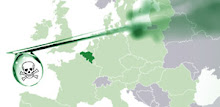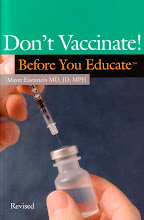 The spread of the H1N1 flu virus through the United States this year revealed that the nation's medical care system remains ill-prepared to handle the intensive demands that could develop from acts of bioterrorism or other major health crises, warns an annual report published yesterday (see GSN, June 8).
The spread of the H1N1 flu virus through the United States this year revealed that the nation's medical care system remains ill-prepared to handle the intensive demands that could develop from acts of bioterrorism or other major health crises, warns an annual report published yesterday (see GSN, June 8)."The H1N1 outbreak ... vividly demonstrated the existing gaps in public health preparedness. Decades of chronic underfunding of public health meant that many of the core systems that would have been invaluable to have in place during an emergency were not at-the ready when H1N1 emerged," the document asserts.
From fiscal years 2008 and 2009, 27 states "disproportionately" cut their public health budgets in response to the economic crisis, says the report, "Ready or Not? Protecting the Public's Health from Disease, Disasters and Bioterrorism."
"Federal funding for public health emergency preparedness and hospital preparedness has declined 27 percent since [fiscal] 2005 when adjusted for inflation. While additional funding has been provided to respond to emergencies, this is less effective than ongoing support for preparedness," states the document prepared by the Trust for America's Health, a nonpartisan think tank, and the Robert Wood Johnson Foundation.
Most states have failed to develop plans for accommodating the massive influx of hospital patients that could follow a biological attack, the report concludes (see GSN, Jan. 29). In addition, the nation lacks a "federal clearinghouse to share information on best practices for planning and development of crisis standards of care."













.bmp)
No comments:
Post a Comment